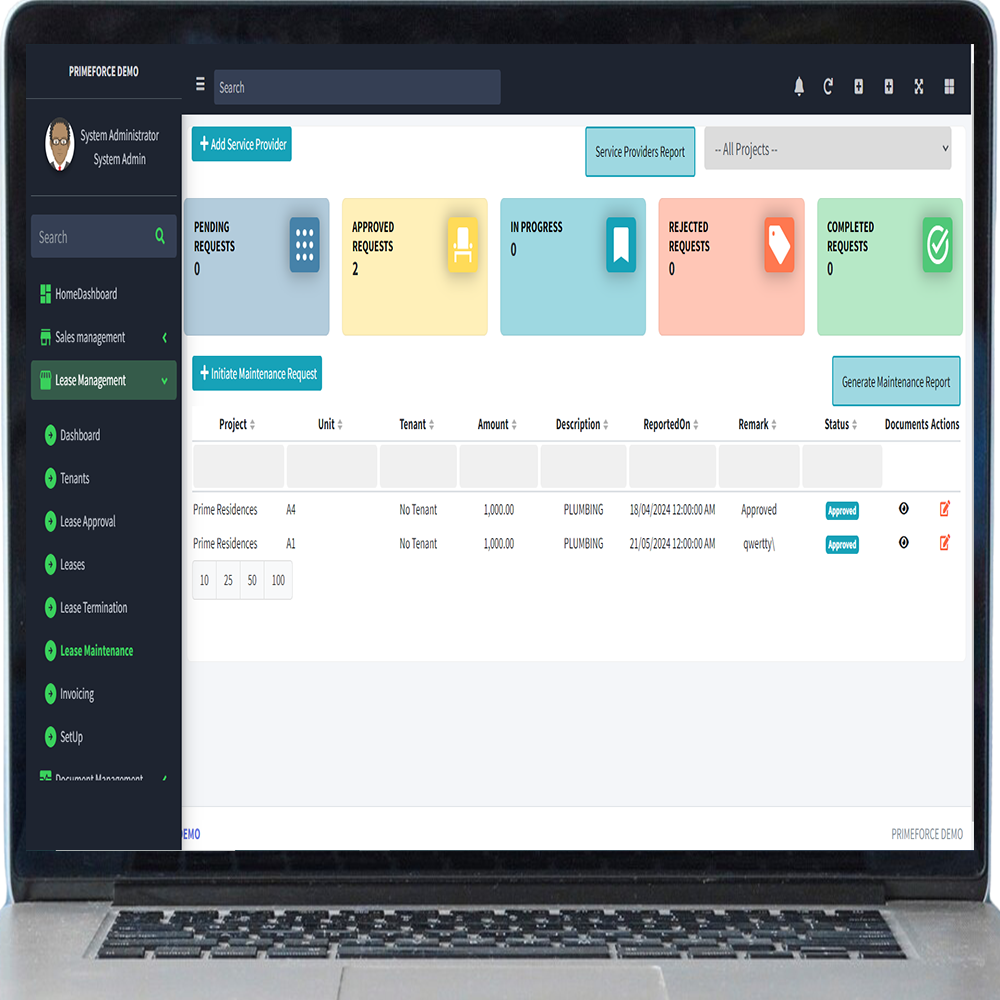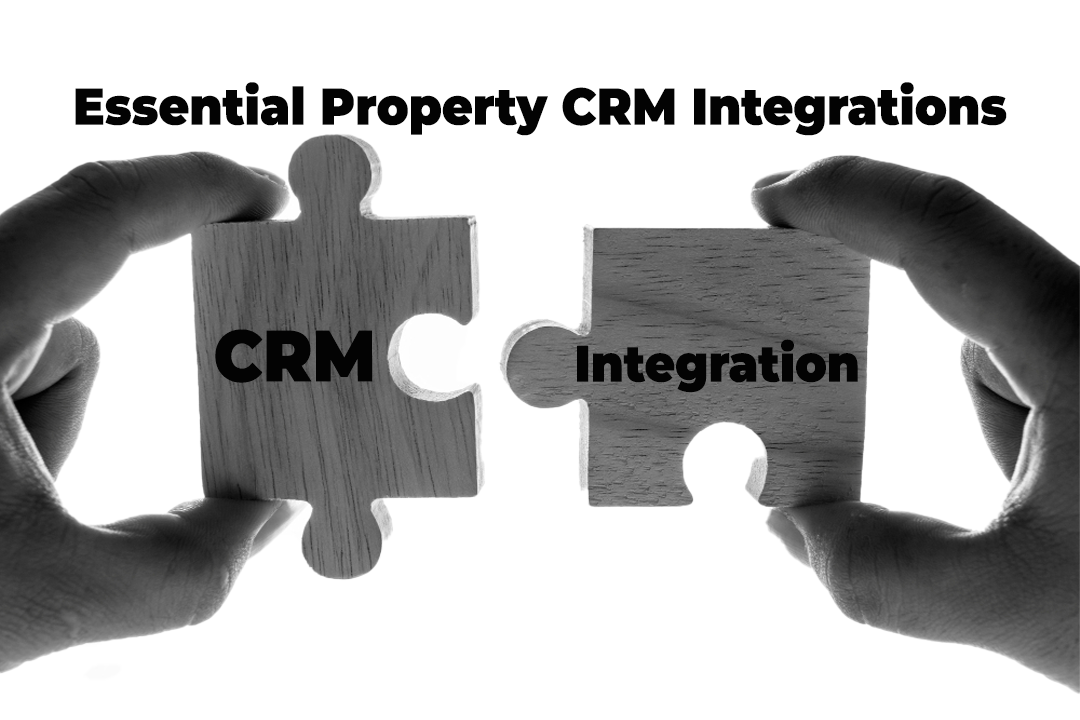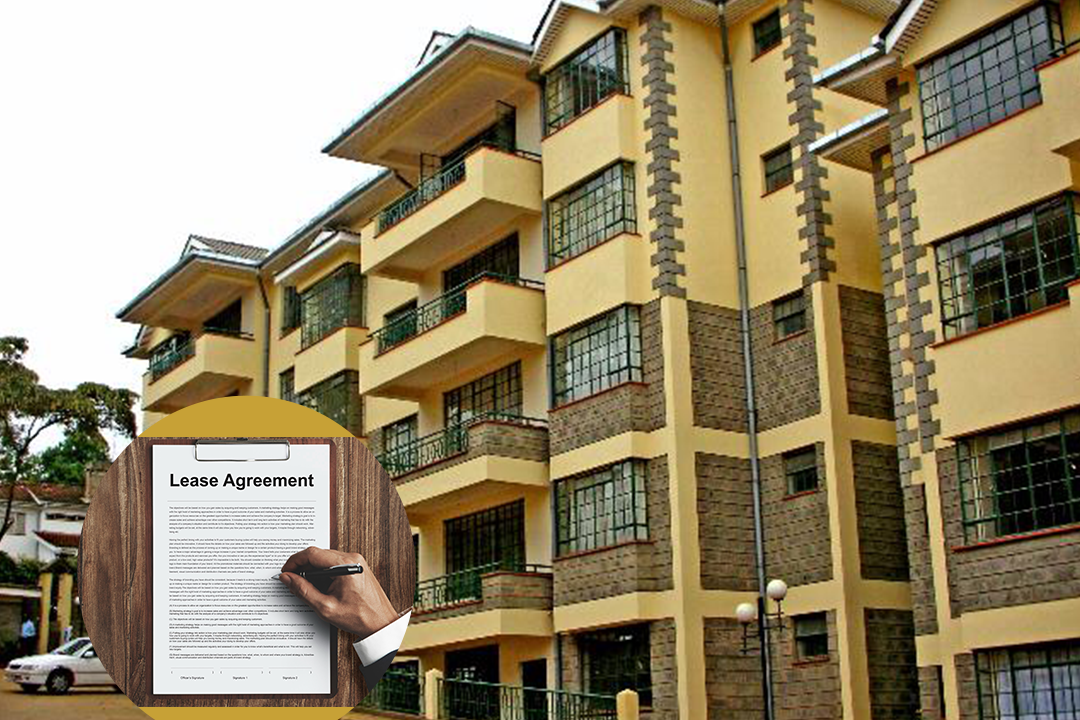 Using a Property Management CRM to Fuel Growth in Real Estate Business
Using a Property Management CRM to Fuel Growth in Real Estate Business
Success in real estate hinges on efficiency and effective lead management. One of the most valuable tools for achieving this is customer relationship management software (CRM).
A CRM goes beyond organizing client contacts and property details; it enhances the overall customer experience. It helps manage every aspect of the real estate sales pipeline, from capturing leads to fostering referrals and repeat business. Crucially, a CRM ensures you communicate the right message to the right client at the right moment.
In today's competitive real estate market, a comprehensive CRM is indispensable. Here’s a guide on leveraging CRM to achieve your business goals.
What is CRM in Real Estate?
In real estate, CRM (Customer Relationship Management) involves managing client relationships to prevent loss of opportunities. As a software tool, a CRM enables property managers to track potential sales and client communications, streamlining the sales process.
Key Benefits of CRM in Real Estate
- Efficient Lead Generation and Contact Management CRMs allow for more effective lead generation and organization. With built-in email marketing features, you can scale your outreach efforts to attract more leads. Custom activity types and reminders help you stay organized, reducing reliance on sticky notes or phone memos.
- Enhanced Team Communication and Collaboration Real estate teams face varied daily tasks, from managing listings to hosting open houses. A CRM facilitates seamless communication and coordination. Property managers can track emails and tag colleagues, ensuring everyone is updated. This clear view of business activities is crucial for success.
- Improved Sales Forecasting and Performance Tracking Data-driven decision-making outperforms gut instincts. CRMs offer reporting and performance tracking to help your team understand what’s working and predict future sales trends.
- Personalized Customer Engagement for Higher Satisfaction Successful relationship management involves timely and appropriate follow-ups. A CRM helps remember important client details, making interactions more personalized. This attention to detail can increase client satisfaction and lead to more closed deals.
How to Use a CRM to Expand Your Real Estate Business
- Expand and Train Your Staff Adding mortgage brokers to your team can help close deals faster. Ensure all team members, new and experienced, are proficient with your CRM through comprehensive training and continuous professional development.
- Share Client Information with Your Team Keep your team informed about client details to make clients feel valued. CRMs allow easy access to client information, ensuring accuracy and accessibility across devices.
- Integrate Your Current Systems Save time by integrating your CRM with existing tools and payment platforms like banks and accounting systems. Connect with communication tools like WhatsApp and SMS to streamline your workflow.
- Sell Smart Stay ahead by using your CRM’s analytics to understand market trends and performance. This insight helps your team close deals faster by focusing on effective strategies.
- Close Deals on a High Note Happy clients lead to valuable referrals. According research, a significant portion of home buyers use agents referred by friends or family. By nurturing clients, you can turn them into advocates.
PrimeForce: The Best Property Management system
For real estate professionals seeking a top-tier CRM, primeForce stands out. It offers robust features for managing client relationships, streamlining workflows, and maximizing efficiency. With PrimeForce, you can anticipate trends, communicate swiftly, and Increase your property sales output. Whether you're generating leads, tracking performance, or nurturing client relationships, PrimeForce is your go-to solution for property management.
Ready to scale up your business? Contact us now!









